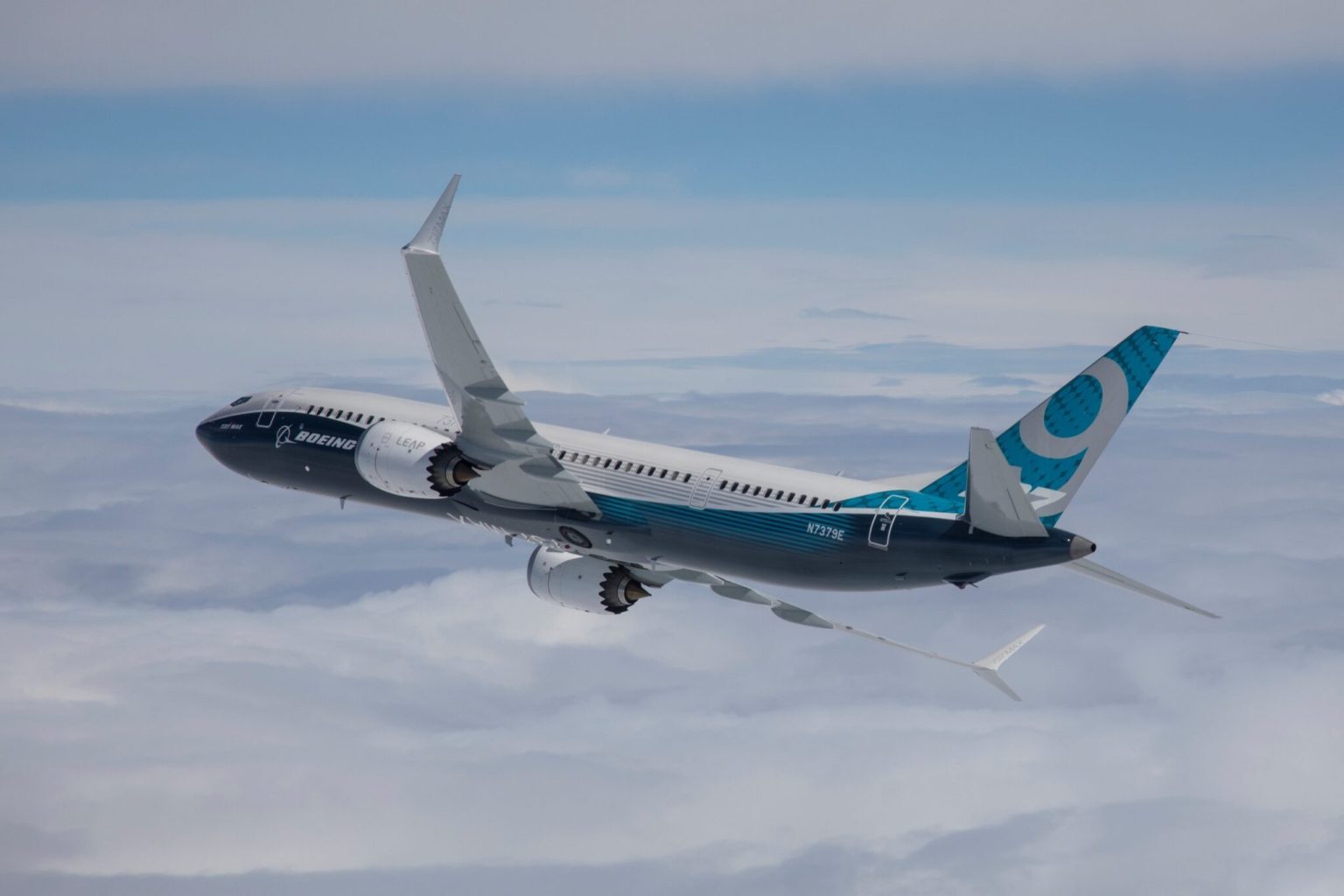The National Transportation Safety Board (NTSB) has sanctioned Boeing for sharing “non-public investigative information” with the media regarding the Alaska Airlines accident on January 5. The agency accused Boeing of violating investigative regulations by sharing details of the investigation and speculating about possible causes of the door-plug blowout. The violations occurred during a briefing where a Boeing executive provided investigative information and gave an analysis of previously released factual information, contrary to an agreement signed at the start of the investigation.
After learning of the unauthorized release of information, the NTSB requested additional information from Boeing about the press briefing. Boeing provided a transcript that confirmed the company offered opinions and analysis on factors it suggested were causal to the accident. The agency also noted that Boeing portrayed the investigation as a search to locate the individual responsible for the door plug work, emphasizing that the NTSB is focused on determining the probable cause of the accident and not placing blame on any individual or assessing liability. As a result of the breach, Boeing will retain its party status but will no longer have access to the investigative information produced by the NTSB and will not be allowed to ask questions at an upcoming investigative hearing.
In addition to the consequences faced by Boeing for violating investigative regulations, the NTSB will also be coordinating with the Department of Justice Fraud Division to provide details about Boeing’s unauthorized release of investigative information in the 737 Max 9 door plug investigation. The federal agency is taking decisive action in response to Boeing’s actions and ensuring that the integrity of its investigations is maintained. Skift has reached out to Boeing for comment on the NTSB investigation and the consequences faced by the company as a result of the breach.
The Airlines Sector Stock Index Performance Year-to-Date provides insights into the financial performance of airline sector stocks within the ST200 index, which includes companies publicly traded across global markets. This index encompasses network carriers, low-cost carriers, and other related companies, giving a comprehensive overview of the performance of the airline sector within the travel industry. The ST200 combines the financial performance of nearly 200 travel companies valued over a trillion dollars into a single number, allowing for easy comparison and analysis of the sector’s performance.
By examining the airlines sector financial performance within the ST200 index, investors and industry stakeholders can gain valuable insights into the trends and dynamics shaping the airline industry. Understanding how airline stocks are performing year-to-date provides a snapshot of the sector’s overall health and can help inform investment decisions and strategic planning. The methodology behind the Skift Travel 200 index offers transparency and clarity on how the financial performance of travel companies, including airlines, is assessed and analyzed, enabling stakeholders to make informed decisions based on reliable data and insights.


